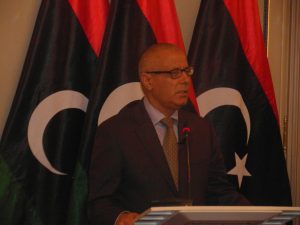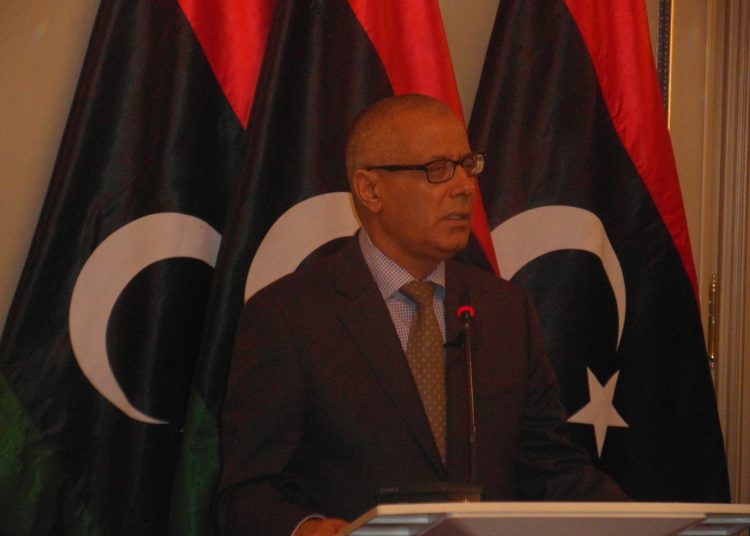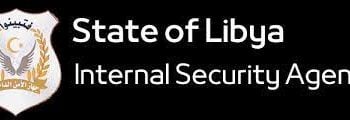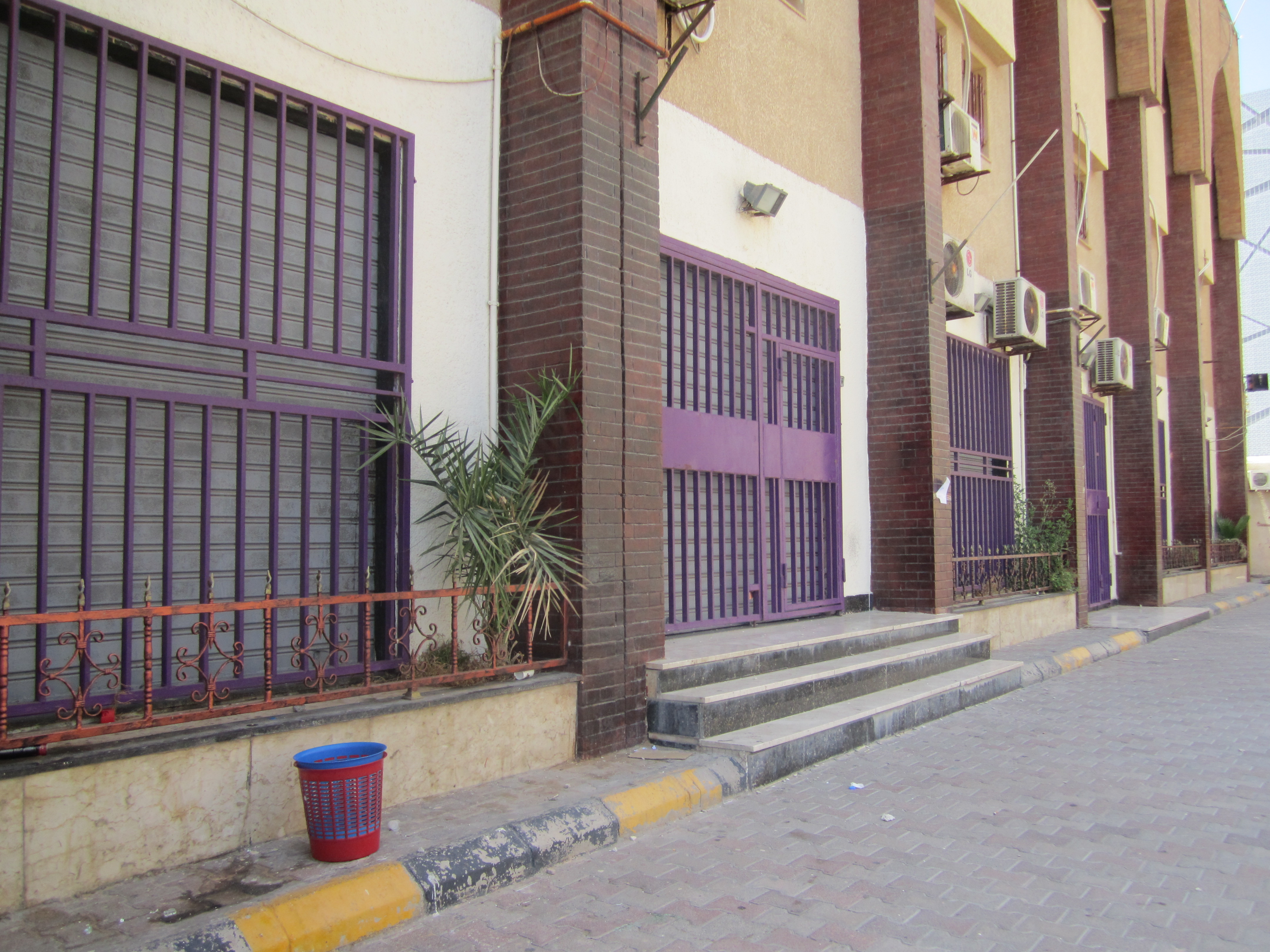By Sami Zaptia.

Tripoli, 30 July 2013:
Prime Minister Ali Zeidan defended his personal style and the performance of his government from increasing . . .[restrict]criticism at yesterday’s press conference.
Zeidan said that people should not confuse his consensual tone with weakness and said that “if you brought the best politician from Europe or the US, they could not do a good job”, in Libya’s present circumstances.
He stressed that he was not “connected to any party” at yesterday’s press conference. “I was chosen as an independent”, he explained.
Zeidan was reacting to increasing criticism of his government for the electricity cuts endured during the fasting month of Ramadan, but mainly for his inability to create an official police force and army and impose security.
“I thought the formation of parties was premature. It should have waited until after a constitution was agreed”, he added referring to the attacks on the headquarters and offices of both the Islamist Justice and Construction Part and Mahmoud Jibril’s National Forces Alliance.
The attackers were, directly or indirectly and without much clear cut evidence, blaming the parties for the recent spike in violence. Zeidan was implying that the political parties were divisive
“This government has no ideaology and no connection to religion”, Zeidan stressed. “We are all Muslims – moderate, Malikies”, he explained referring to the traditional moderate Sunni version of Islam that has historically been practiced in Libya.
“We are therefore, not affected or directed by any political stream. We are a patriotic, nationalist government”, he said.
“I am personally am not happy by our output and performance. We are falling short, but the whole state is weak “, he added, countering criticism of his government’s running of the country.
“People say that I am no longer what I was, but I am content on continuing (in the job) until the GNC decides otherwise. This position needs someone convinced of the size of the challenge and he needs patience”.
“The causes of the underperformance of the government are the weakness of the state. Therefore, the public must give the government the time and support it needs to do this difficult job.”
“There are some who want to exploit the situation (the weakness of the government and the country’s instability) for political gain”, added Zeidan, without saying precisely who he meant.
“This is a Libyan government and receives no instructions from outside Libya”, Zeidan stressed, answering mutterings about interference by Qatar or the Muslim Brotherhood in Egypt.
“We have come under much pressure”, he admitted, “but we have resisted it. A minority in the GNC, talking in loud voices, are rejecting everything we put forward”, he revealed, exposing the divisions within the GNC.
“The public should know that there are some who don’t care about the national interest. They want just their own narrow interests”, Zeidan added, attempting to shift the blame of the poor performance of his government onto the GNC.
“We need the backing of the public and the GNC”, he appealed. “I have received the backing and support of both the former GNC head (Mohamed Magarief) and the present head (Nuri Abusahmain). But there is a minority of GNC members who are opposed to the government.”
“The GNC should not be a venue for infighting. It should cooperate with the government. Having chosen it, they should help, aid, cooperate and nurse it – not target its mistakes”.
“We need extra budgets to fix the destruction in the cities, the wounded, women of who have been raped and faced violence, to activate the army. All these (GNC budget laws) have not been passed because they need 120 members (a quorum) to vote for them”.
“The government cannot act without flexibility in the use of the budget. We need to be able to transfer money from one section to another.”
“The existing laws are a hindrance”, to our performance, Zeidan added. He highlighted the Audit Burea laws and said that he hoped these are reformed.
Finally, he stressed that Libya was in a “state of crises” and that his government needed to be able to act quickly.
Ultimately, Zeidan felt in his opinion that “if you brought the best politician from Europe or the US, they could not do a good job”, in Libya’s present circumstances.
The Prime Minister spoke for one hour but refused to take questions from the media. [/restrict]











